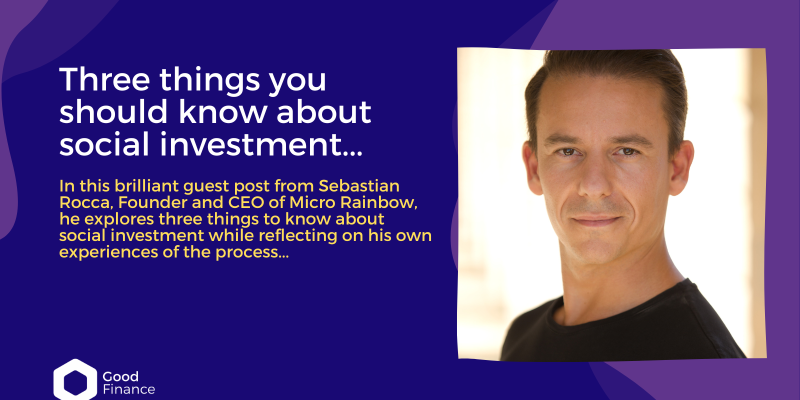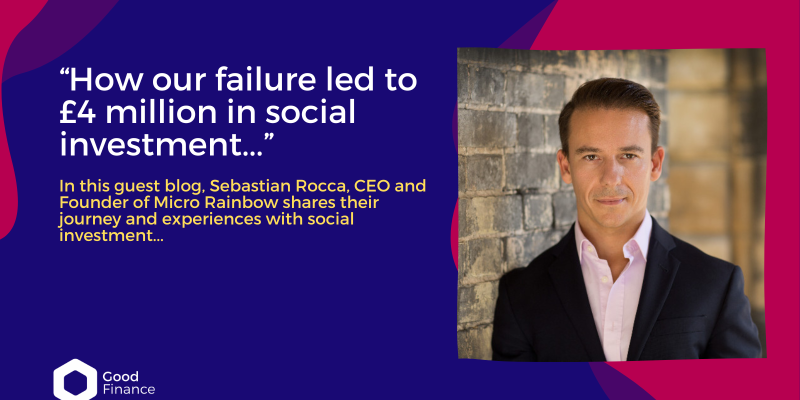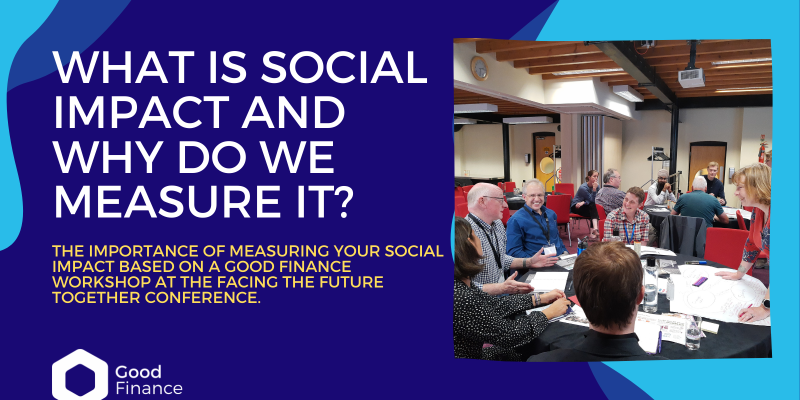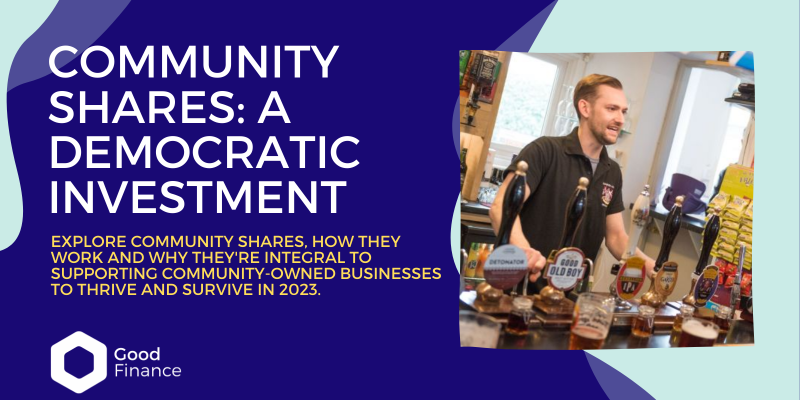Many community groups find the prospect of raising the significant funds required to convert local assets, such as parks, libraries, pubs, cinemas and more, into community ownership, ensuring local people have control over these spaces, particularly daunting. In this blog, we'll go over the idea of using "match funding" to break down the target sum and achieve the goal for community ownership using a variety of funding sources.
The concept of match funding
Public sector organisations, trusts and foundations, and social banks will often only pay funding in proportion to funding being raised from other sources. What this usually means for many community businesses, is that funds will be only paid to a group on the condition that a certain amount of funding is contributed by them. This is called match funding.
An example of how this works in practice is the UK Community Ownership Fund, which offers community groups the opportunity to bid for large grants to help them take ownership of assets that are at risk of closure. Groups can apply for a grant to support their project, however they are required to “match” any grant they receive.
A common form of “match” that is used is social investment, a repayable form of finance with both community shares and loans often utilised by community-ownership projects.
The benefits to this approach
The first advantage is the reduced cost burden. Where two parties stand to gain from a project, it makes sense to split the cost – and the risk!
Second, by having multiple partners on board, the motivation to collaborate increases, as well as the likeliness of success. Providers of matching funds also receive assurance of the recipient organisation’s capacity to raise adequate funds.
Finally, compared with traditional techniques, match financing has proved to be more successful at raising money. By setting a fundraising deadline, it generates a sense of sense of urgency that encourages other potential donors to give. For example, if a provider gives a £1 to £1 matching grant or loan, individual donors know that their contribution will be doubled.
Examples of match funding
Match funds are funds designed to be paid in proportion to funds available from other sources. For instance:
• Repayable finance such as loans or mortgages
• Grants from public bodies or charitable trusts
• Community shares
• Crowdfunding
• Fundraising such as donations, events and activities
• Other forms of support from social lenders and investors
Case study: The Raven Inn, Cheshire
Anyone that has driven or walked by The Raven Inn, Glazebury will appreciate its significance as an asset at the heart of this Cheshire community. The large timber framed building is steeped in history, with generations of stories to tell.
The pub was put up for sale in 2019 and after a long battle, the building has been saved by The Raven Inn Community Benefit Society Ltd, a passionate group of residents who have formed their own business to take on the pub for long-term community benefit. In support of their community-ownership ambition, they raised an incredible £225,000.
The group raised funds through initiatives such as “sponsor a brick” and a “founders’ walk” but the vast majority of the funding came from a community share offer, which raised nearly £200,000 from around 1000 investors.
The group achieved Standard Mark status, for their community share offer, recognising the high quality of information provided to investors. The Standard Mark is often used in support of marketing the sale of community shares to a range of investors. In the case of the Raven Inn the project was not only supported by local residents, but also has investors from as far afield as America too!
To complete their fundraising target, the group successfully applied to the Community Ownership Fund and were awarded a further £102,000 to match their community effort.
The total amount raised has not only enabled them to buy the building, but also complete the required renovations ahead of pub reopening which is expected to be later this year.
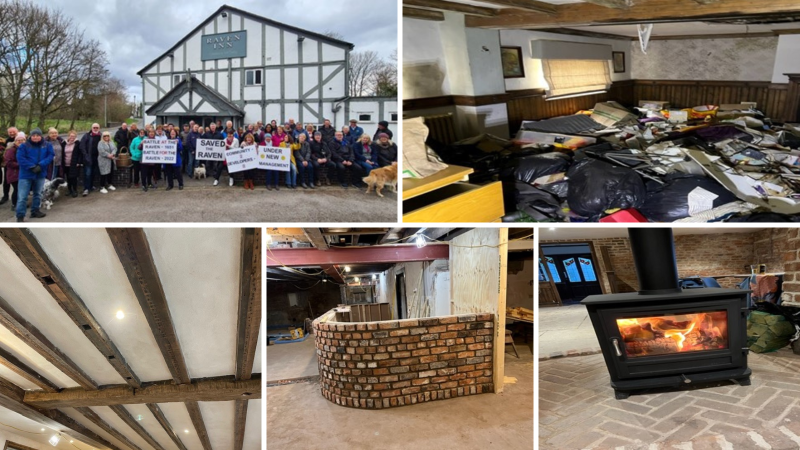
Case study: East Boldre Community Stores, Hampshire
A five year project to protect vital local services, currently provided by the last village shop and post office in East Boldre, Hampshire has resulted in a community purchase of an old chapel built in 1844. This impressive project has so far raised over £600,000 towards a total target of £725,867 to create a multi-use community business in a refurbished historic asset.
Given the enormity of their aim, it is no surprise that the group used a variety of sources to support project successes including contributions from local and national funders in addition to an original grant from the parish council. However, the £221,700 raised through community shares was particularly noteworthy since it shows how strongly the community has backed this creative endeavour.
The group have been successful in applying to the Community Ownership Fund to match the funds they’ve raised, accessing nearly £300k in support of the project.
You can read more about this project, including a full breakdown of their funding package on the project’s website.
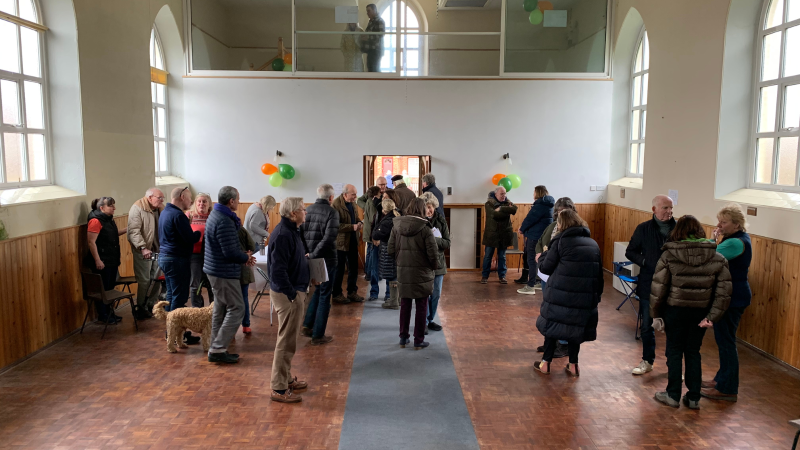
Accessing match funding
If you or your organisation is interested in learning more about how you can access funding for your venture please take a look at the Social Investors, Funds and Advisers map on the Good Finance website.
If you are looking for support to make an application to the Community Ownership Fund, please visit the My Community website for more information.
You can also browse the Good Finance case study collection to explore more examples of charities, social enterprises and community actions harnessing the power of Match Funding through Community Shares, Crowd Funding and other types of social investment.
This blog was written by Becky Mew, Communications Manager at Plunkett Foundation, a Good Finance partner organisation.


